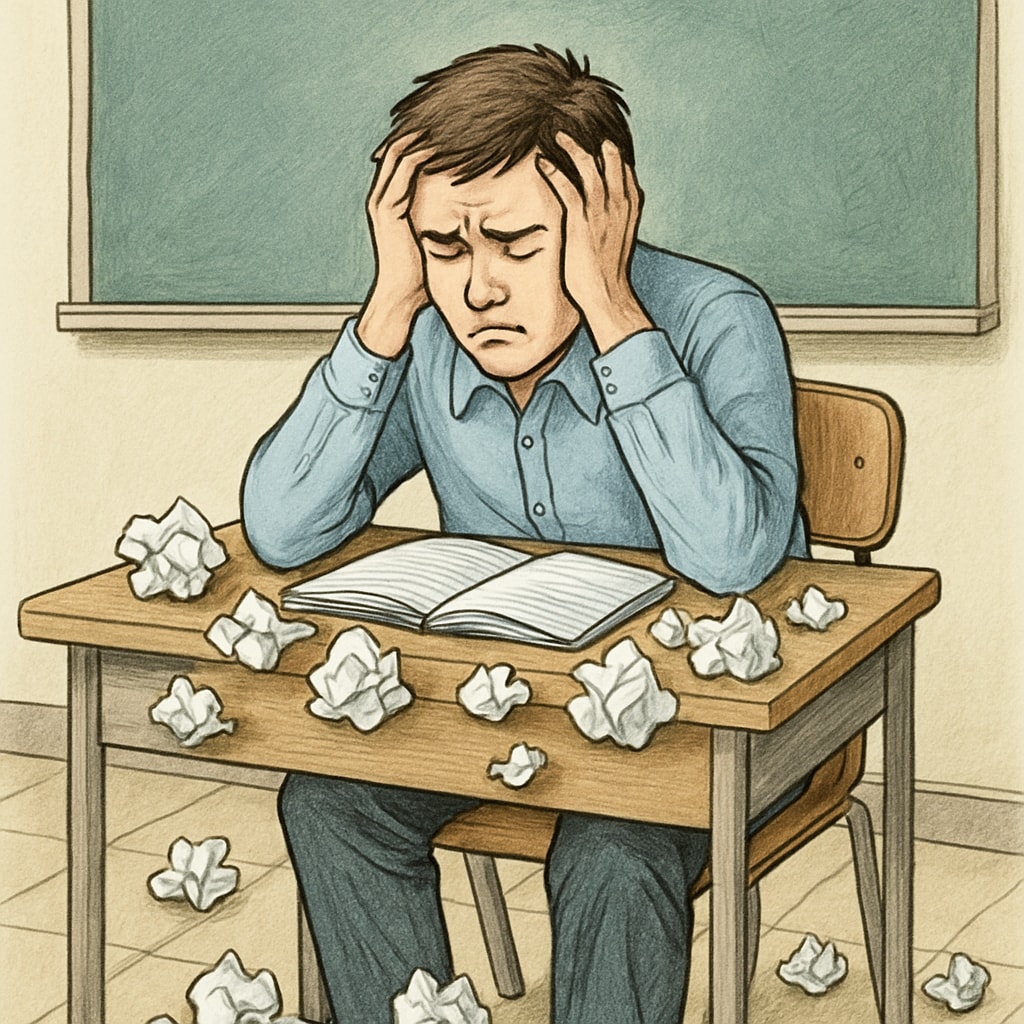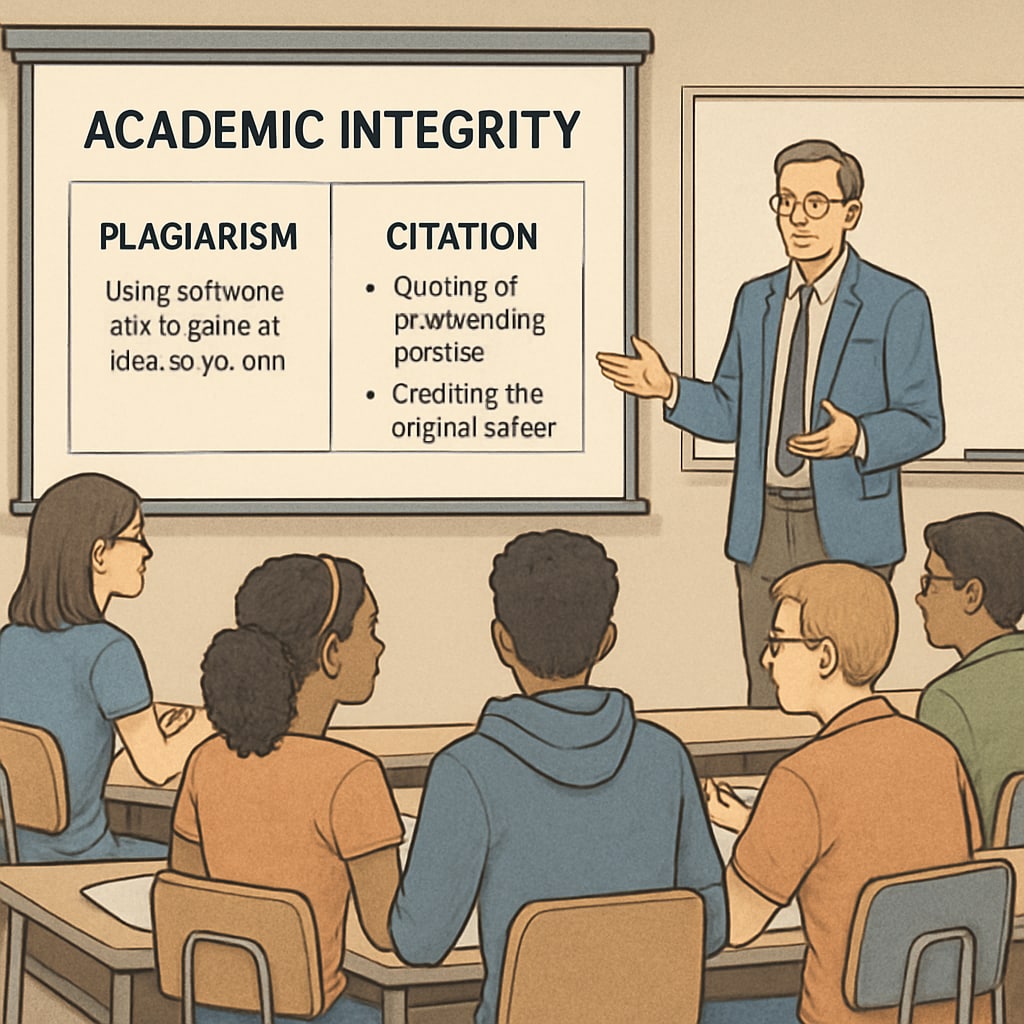When a professor accuses a student of plagiarism, the repercussions can be far-reaching. Such accusations, especially if unfounded, risk damaging a student’s academic record, reputation, and mental health. The issue of unfounded plagiarism accusations is not just an academic concern but a broader question of fairness, authority, and the balance of power in educational institutions. This article examines the effects of these accusations, discusses the responsibilities of educators, and proposes measures for a more transparent and equitable academic integrity system.
Understanding the Impact of Unfounded Plagiarism Claims
Plagiarism is a serious offense in academia, and rightly so, as it undermines intellectual honesty. However, when a professor’s plagiarism claim is inaccurate, the consequences can be devastating for students. Such claims can lead to wrongful academic penalties, including failing grades, suspension, or even expulsion. Beyond academic consequences, these incidents often take a toll on students’ mental health, leading to stress, anxiety, and a loss of trust in the education system.
For example, imagine a diligent student who spends hours researching and crafting an original paper, only to be accused of copying someone else’s work due to insufficient evidence or misunderstanding. The emotional burden of proving their innocence, coupled with the stigma attached to such allegations, can be overwhelming. In some cases, students may not have access to proper channels to appeal these accusations, leaving them vulnerable to unjust outcomes.

Balancing Authority and Equity in Academic Integrity
Professors hold significant authority in academic settings, which includes the responsibility to uphold academic integrity. However, this authority must be exercised with caution and fairness. While educators may have access to plagiarism detection tools, these tools are not infallible. Automated systems often flag content incorrectly, mistaking common phrases or properly cited material as plagiarized. It is crucial for professors to carefully review such findings and allow students the opportunity to explain or defend their work.
Moreover, the power dynamic between professors and students can hinder open communication. Students may feel intimidated to challenge a professor’s decision, even if they believe the accusation is incorrect. This imbalance underscores the importance of establishing clear, transparent, and accessible procedures for addressing plagiarism claims. Educational institutions should prioritize training for professors on how to use plagiarism detection tools effectively and how to approach such accusations with impartiality.
Proposing a Transparent Academic Integrity Framework
To address the issue of unfounded plagiarism accusations, educational institutions must adopt a transparent and student-centered approach to academic integrity. Here are some key recommendations:
- Comprehensive Training: Professors should undergo regular training on plagiarism detection tools and academic integrity policies to ensure they are equipped to make informed decisions.
- Appeal Mechanisms: Institutions should provide clear and accessible channels for students to appeal plagiarism accusations. An impartial committee could review such cases to ensure fairness.
- Educational Workshops: Students should be educated about plagiarism, citation standards, and academic writing best practices to minimize unintentional mistakes.
- Transparency in Tools: Plagiarism detection tools should offer detailed explanations of flagged content, allowing both professors and students to understand the basis of the accusation.
By implementing these measures, schools can foster an environment where academic integrity is upheld without compromising students’ rights. A fair system benefits not only students but also professors, who can better focus on their role as educators rather than disciplinarians.

Conclusion: Safeguarding Academic Integrity for All
Unfounded plagiarism accusations highlight the need for a balanced approach to academic integrity. While professors play a vital role in maintaining the credibility of education, their authority should be coupled with accountability. A transparent academic integrity framework can ensure that students are treated fairly and that their mental well-being is protected. By fostering open communication, providing avenues for appeal, and emphasizing education over punishment, we can create a more equitable and trustworthy academic environment.
Ultimately, academic integrity is a shared responsibility. Students must strive for honesty in their work, while professors and institutions must ensure that their methods of evaluation are fair, accurate, and supportive of students’ growth.
Readability guidance: This article uses concise paragraphs, clear headings, and accessible language to ensure readability. Key points are summarized in a list format, and overuse of passive voice has been avoided. Transition words such as “however,” “moreover,” and “for example” are used to enhance the flow of ideas.


